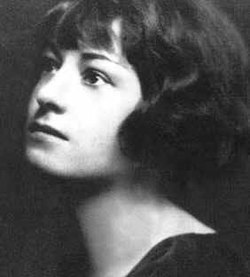Dorothy Parker Quote
I find her anecdotes more efficacious than sheep-counting, rain on a tin roof, or alanol tablets.... you will find me and Morpheus, off in a corner, necking.
Dorothy Parker
I find her anecdotes more efficacious than sheep-counting, rain on a tin roof, or alanol tablets.... you will find me and Morpheus, off in a corner, necking.
Related Quotes
Sitting to think of what to write will only set your ass on fire, give you headache, twist your face to look stupid, instead, walk around with a blank mind and something from somewhere will fill it up...
Michael Bassey Johnson
Tags:
arson, ass, blank, boredom, brain, clever, contemplation, creative thoughts, creativity, ennui
Alcohol makes other people less tedious, and food less bland, and can help provide what the Greeks called , or the slight buzz of inspiration when reading or writing. The only worthwhile miracle in th...
Christopher Hitchens
Tags:
ancient greeks, atheism, boredom, brotherhood, cana, christianity, entheos, food, hellenism, inspiration
About Dorothy Parker
Dorothy Parker (née Rothschild; August 22, 1893 – June 7, 1967) was an American poet and writer of fiction, plays and screenplays based in New York; she was known for her caustic wisecracks, and eye for 20th-century urban foibles.
Parker rose to acclaim, both for her literary works published in magazines, such as The New Yorker, and as a founding member of the Algonquin Round Table. In the early 1930s, Parker traveled to Hollywood to pursue screenwriting. Her successes there, including two Academy Award nominations, were curtailed when her involvement in left-wing politics resulted in her being placed on the Hollywood blacklist.
Dismissive of her own talents, she deplored her reputation as a "wisecracker". Nevertheless, both her literary output and reputation for sharp wit have endured. Some of her works have been set to music.
Parker rose to acclaim, both for her literary works published in magazines, such as The New Yorker, and as a founding member of the Algonquin Round Table. In the early 1930s, Parker traveled to Hollywood to pursue screenwriting. Her successes there, including two Academy Award nominations, were curtailed when her involvement in left-wing politics resulted in her being placed on the Hollywood blacklist.
Dismissive of her own talents, she deplored her reputation as a "wisecracker". Nevertheless, both her literary output and reputation for sharp wit have endured. Some of her works have been set to music.
